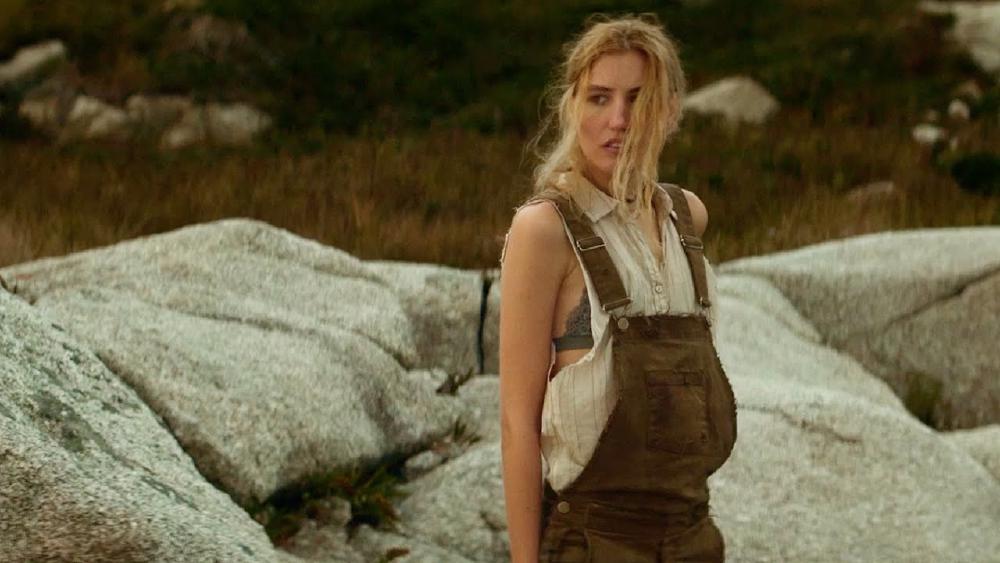Two Films on Catastrophe

January 5, 2022
Last night I watched two apocalyptic films. Both Nicholas Ashe Bateman’s The Wanting Mare and Adam McKay’s Don’t Look Up note that the world seems to be moving toward catastrophe. While the The Wanting Mare imagines an ambiguous future in a fantastical post-apocalyptic city, Don’t Look Up satirically reflects our present world in the face of an incoming comet–a perhaps too-on-the-nose “planet-killer.” Neither film is perfect, but each suggests a similar conclusion: in a senseless world, codependence is the only way to find meaning.
The Wanting Mare follows a multigenerational family of women who dream of a world that existed before an unnamed apocalyptic event. Most of the story takes place in a devastated city called Whithren where wild horses are caught and exported to another city across the sea called Levithen. Whithren is devastated, and much of the narrative centers on the curious detail that is possible to acquire a one-way ticket to Levithen alongside the horses on an export ship. These tickets are so rare that the people of Whitren regularly kill and are killed for them.

Moira, one of the principal characters in The Wanting Mare.
I’ll avoid saying more and spoiling the plot. Described in quite a few online reviews I read as a “tone poem,” The Wanting Mare excels in ambiance. Its insistent and, at times, frustrating lack of both dialogue and plot exposition makes it difficult to put it into words. (I learned this in an earlier, much longer draft of this post, from which I’ve spared you.)
Against the ambient and labyrinthine style of The Wanting Mare, the aggressive satire in McKay’s Don’t Look Up (which I watched immediately after) gave me whiplash. I could practically hear the movie saying:

This comet is climate change! Stop ignoring it! Stop letting politicians ignore it!
There’s value to the political messaging in the movie and its critique of modern life. And I share many of the perspectives offered in the movie. But I can’t help feeling oversells “how dumb everything is” (think Idiocracy, which is bad) over its more subtle themes. This is always the bargain involved in turning politics into art, which more often enervates than accelerates change, and most often has no effect at all.
What’s more interesting about Don’t Look Up is that throughout nearly the entire narrative the catastrophic event has not yet occurred. But it feels so much more determined, so much more possible, than whatever it is that actually, already destroyed the world in The Wanting Mare. This is largely due to McKay’s realism and the directness of the commentary juxtaposed against the subtle, fantastical, elements presented by Bateman. And McKay is right: it is difficult to argue against the dire position we’re in.
But Bateman’s movie dares to hope and to find hope in human connections, relationships, and histories. Which is not to say that McKay doesn’t get there as well. Anyone who has watched Don’t Look Up knows that there is only one thing there before “the end.” And if you’ve watched The Wanting Mare you hope they’ll be there after, too.